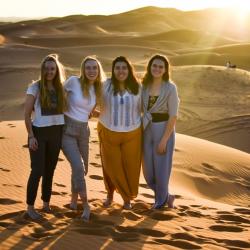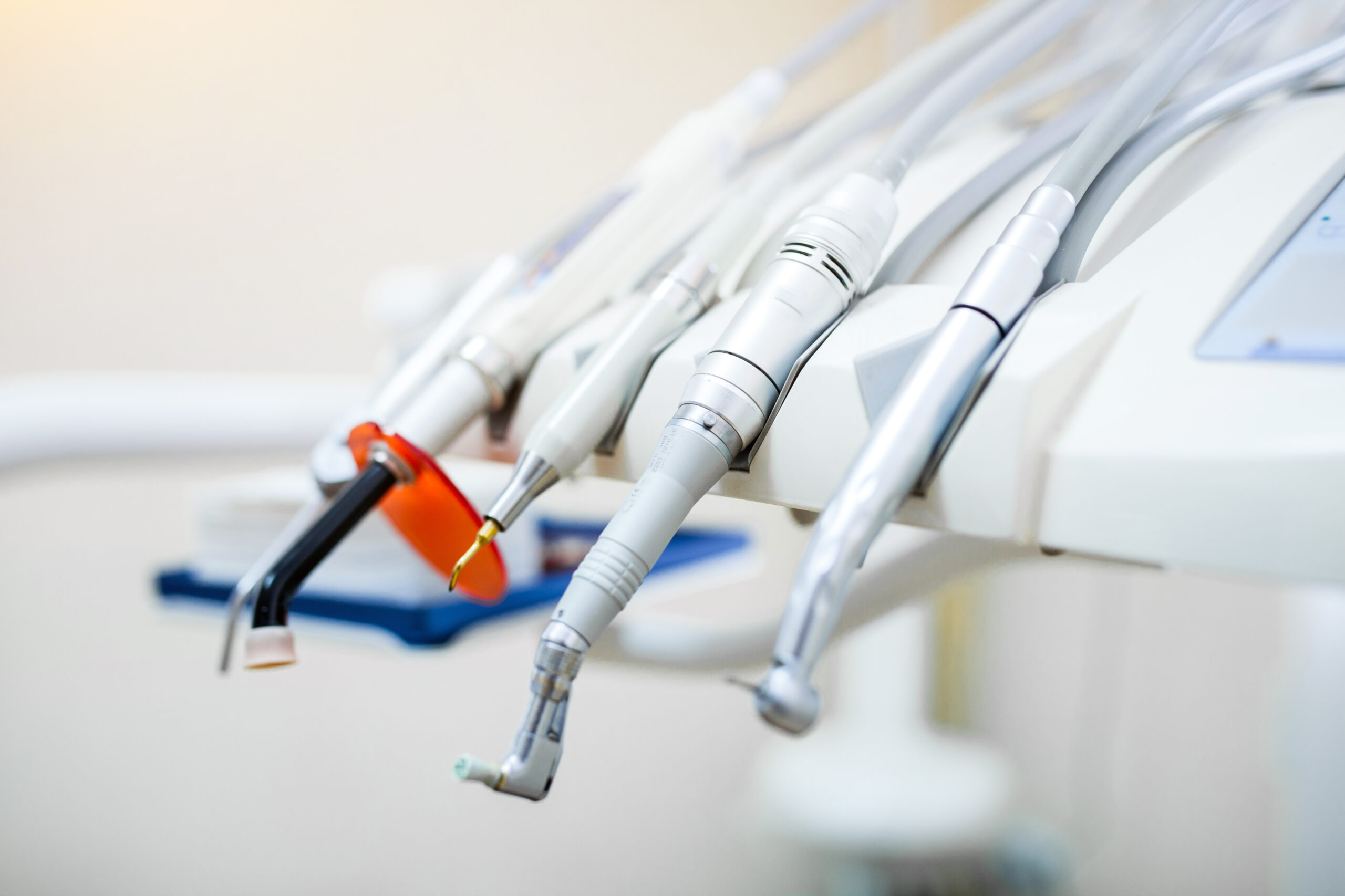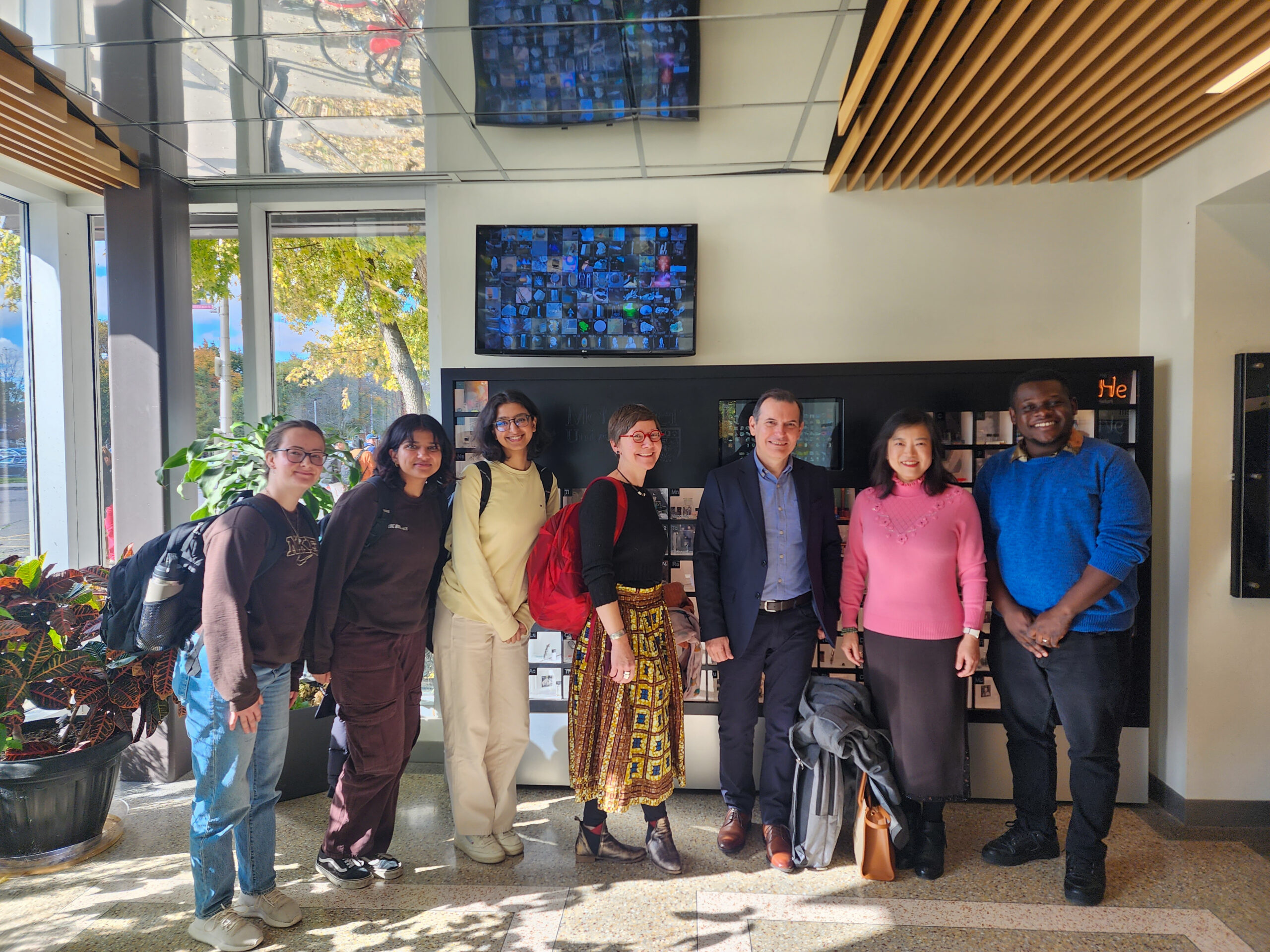I was in Maastricht when COVID-19 hit

Life in Maastricht was very charming. Living in the city centre I just needed to step outside of my apartment to experience all that the city had to offer. From biweekly markets, to cat cafes, to cute little shops, I was having an amazing time. There was a group of 10 of us from McMaster on exchange in Maastricht. Most Wednesdays we would get together at my apartment to cook dinner and hang out. We had jam sessions, played games, and had a safe space to come vent about any problems that we might be having.
In terms of school itself, the structure of the semester in Maastricht University (UM) was unlike anything that I had ever experienced before. We were doing 3 “modules” or courses, as well as Foundations II. Rather than doing all 3 modules simultaneously, each module would take place over a 4-week period. During the first three weeks, we would learn the course material. The last week of each module was for us to write our take-home exams. This structure lent itself well for small weekend trips to neighbouring European countries. I was fortunate enough to travel to Brussels, Amsterdam, Milan, and Paris. After my trip to Milan was the first time that I remember hearing the mention of COVID-19 in Europe, but at this point the situation did not appear to be serious.

At the end of our second module, we had an extra week off because of Carnival. Carnival is a Catholic tradition that is celebrated throughout much of Europe, and was a massive celebration in Maastricht. Many of us took this chance to take longer trips, especially since we would need to hand in our passports to the Indian Embassy in the Netherlands at the beginning of March. I went to Morocco for a week and rode a camel, slept under the stars in the Saharan dessert, and explored old Medinas. The four of us that went came back refreshed and ready to write our penultimate exam and start our last module.


We arrived back in Maastricht late on Tuesday, March 3rd. The next day, we handed our passports to UM to be sent to the Indian embassy. We finished our exams for that following Friday, and the next Monday we began our last module.
Monday March 9 – The COVID-19 situation is Europe was rapidly deteriorating. Cologne, a major German city close to Maastricht, had an outbreak of COVID-19 after their Carnival celebration. We were beginning to worry that the Manipal Learning Symposium might get cancelled. After speaking with some of the faculty, they assured us that they were doing everything in their power to keep the Symposium, so we remained hopeful.
Wednesday March 11 – Everything changed when the World Health Organization (WHO) officially declared COVID-19 to be a pandemic. This had a ripple effect throughout the world. The Indian consulate decided to cancel Visas, countries began rapidly adjusting their travel advisories, and McMaster decided to end all student international travel for university-related activities. We knew it was only a matter of time before we received an email from the Global Health program officially cancelling the Manipal Learning Symposium.
Thursday March 12 – The email officially cancelling the symposium arrived in the middle of one of our lectures. You could feel the mood of the room completely change. In the email, we were notified that repatriation – or returning to Canada – was not needed yet. During our tutorial, we learned that although UM was not officially closing yet, our program had decided to end all in-person meetings. The Dutch government was also beginning to propose more serious social distancing policies. Suddenly, all of us began to seriously consider going home. However, there was one very significant problem: our passports were in the Indian embassy at the other end of the country!
Friday March 13 – UM let us know that the Indian embassy was sending our passports back to us and they would almost certainly arrive by the end of the following Monday. Everything was out of our hands now. A few of us booked our flights home for the following Tuesday since we were eager to go home, and commercial flights from Europe to Canada were being cancelled.
That weekend, I wanted to get the most out of Maastricht. Although there were more restrictions in place, a few places were still open. I got ready to go home and hung out with my fellow exchange students that I had gotten so close with. During this time, we were incredibly stressed but having them there made the situation so much more bearable. I went to the library for the last time, had some traditional Dutch pie, and beat the game “Pandemic”.
Monday March 16 – I began the day optimistic that I would be going home the next day. The morning passed and we still had not received any updates. I needed to receive my passport by the end of today because Maastricht is 3 hours from Amsterdam. So, although it was booked for Tuesday afternoon, it would be very difficult to make my flight if my passport did not arrive early Tuesday morning.
It was now the afternoon and the passports had yet to arrive. We were beginning to panic and were considering what other options we might have. I called the Canadian embassy in the Netherlands to see if it would be possible to obtain emergency travel documents. Since our passports were on their way to us from the Indian embassy, they did not count as lost travel documents so there was little that they could do for us. Furthermore, due to the new social distancing measures, the Canadian embassy was no longer allowing in-person visits to their offices.
Throughout the day, we had been receiving some updates from UM about the status of our passports. They were in contact with the courier company from the Indian embassy. At 5:30 pm, we were notified that our passports should arrive between 6-6:30pm.
At 6:30pm, many of us arrived at the university, both exchange students and other UM students. The buildings were closed, so we were all waiting outside. The passports had not yet arrived. The UM staff was on the phone with director of the courier company, trying to figure out where our passports were since they could not locate the delivery driver. After 3 hours of waiting, we were told to go home. We were told later that night that the delivery driver had gotten into an accident, so none of the packages had been delivered.
Tuesday March 17– I was still hopeful that I might be able to go home today, but of course, things did not go as planned. Once 9:30 am had come and gone, I knew I would not be going home today. Rather than rebook my flight, I wanted to wait until I had my passport to change it just in case something happened again. At 12:15 pm, we received an email from the UM staff. Our passports had arrived! I rebooked my flight for early the next morning and went to collect my passport. By the end of the week, we had all arrived back in Canada, ready to begin our 14-day quarantine.

Monica Takahashi
Student BlogRelated News
News Listing

November 12, 2024

November 5, 2024

Pollution, Power, and Protest: Unpacking Environmental Racism from Africville to Wet’suwet’en
Student Blog
October 10, 2024
